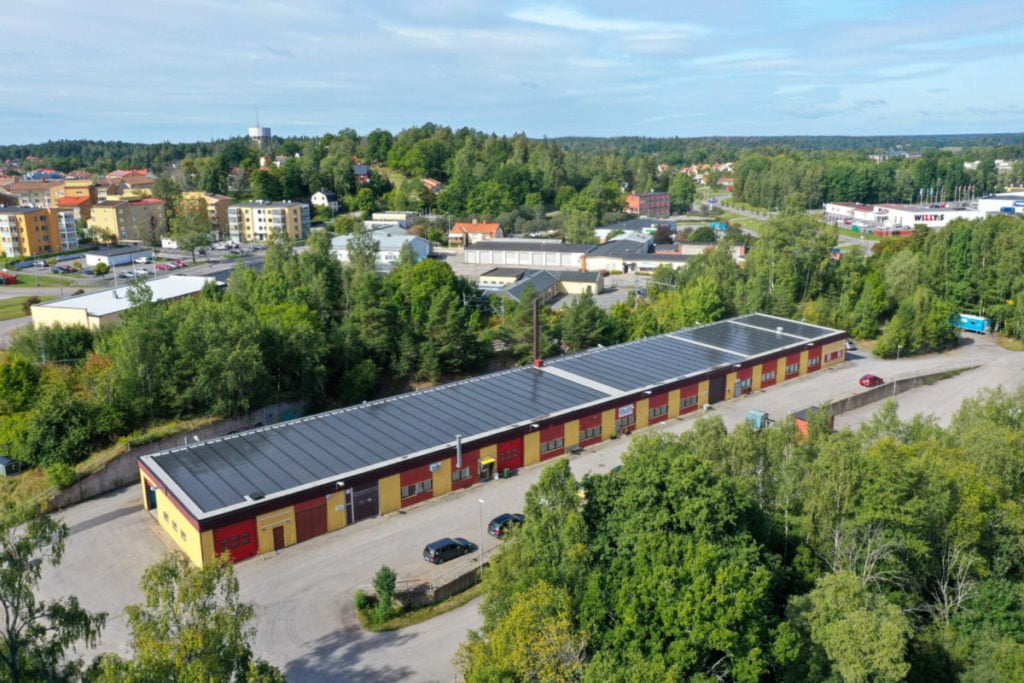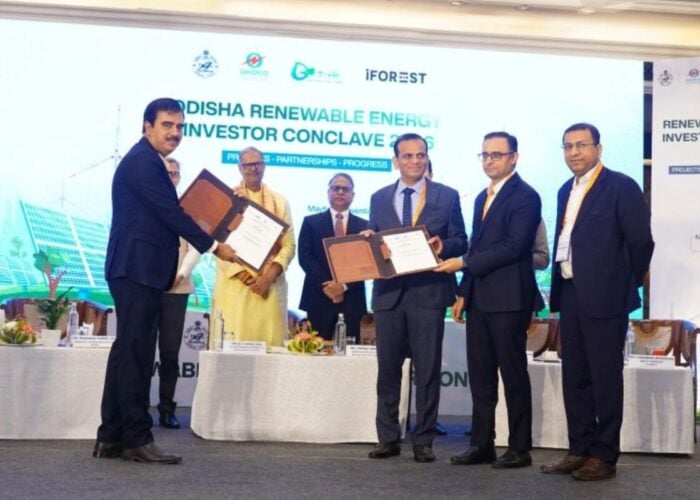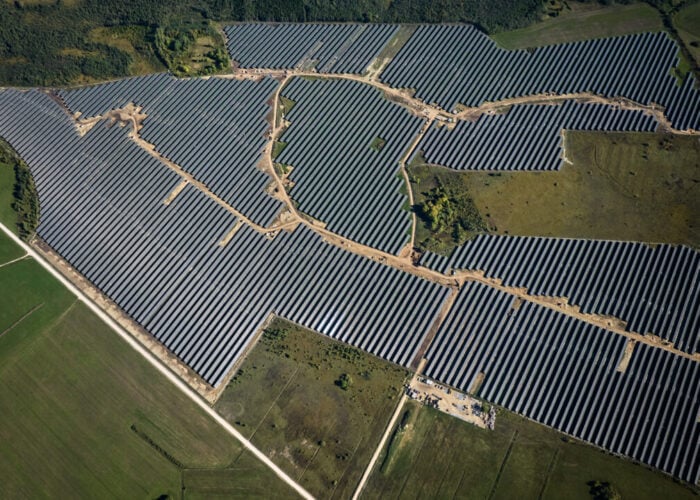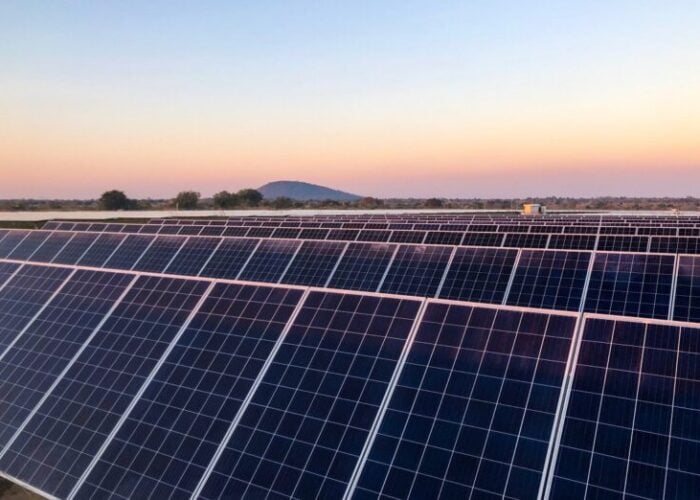
Swedish thin-film solar manufacturer Midsummer has secured roughly €8 million (US$8.6 million) to support the development of its 50MW copper indium gallium selenide (CIGS) thin-film cell manufacturing plant in Italy.
The investment came from the Italian investment authority Invitalia and builds on a number of other cash injections for the facility in Bari, in southern Italy’s Puglia region.
Try Premium for just $1
- Full premium access for the first month at only $1
- Converts to an annual rate after 30 days unless cancelled
- Cancel anytime during the trial period
Premium Benefits
- Expert industry analysis and interviews
- Digital access to PV Tech Power journal
- Exclusive event discounts
Or get the full Premium subscription right away
Or continue reading this article for free
In 2021, Midsummer received around US$44 million in grants and soft loans from the Italian authorities to support the facility. This most recent investment is the second part of a larger commitment from Invitalia, the first (roughly €6.4 million) instalment of which was received last year.
In the future, the company said it also expects a payment from the Puglia regional authority and a final, production-related payment in 2025. All of the production equipment for the site is now in place, Midsummer said, and the site is “ready to scale up production as sales increase and when necessary factory and product certifications are completed”.
Eric Jaremalm, CEO of Midsummer said: “The Bari factory makes us a leader in thin-film solar cells in Europe with the capacity to supply solar cells mainly to the many weak industrial roofs around Europe that cannot withstand the weight of silicon panels. It is the segment we identified as most interesting for Midsummer, and a gigantic market estimated at 25GW (€20-30 billion) annually.”
Midsummer is also planning a 200MW CIGS thin film cell factory in Flen, in its native Sweden. Alongside fellow European solar manufacturers Meyer Burger and Norsun, this facility was the recipient of funds through the EU Innovation Fund in July 2023. It is due to begin production in 2026.
Both the Italian and Swedish plants will target the specialised residential and corporate & industrial (C&I) rooftop markets, specifically for roofs which are unable to support the weight of traditional silicon modules.
Specialised manufacturing has been touted as one possible route to preserving Europe’s solar PV production industry. PV Tech explored this at the Intersolar Europe trade show last month, where we heard that Europe’s manufacturing proposition may lie in emerging technology and products tailored for specific markets.
However, many other voices are more sceptical about the continent’s prospects in light of China’s utter dominance over the large-scale, mass-produced silicon solar supply chain.






